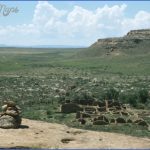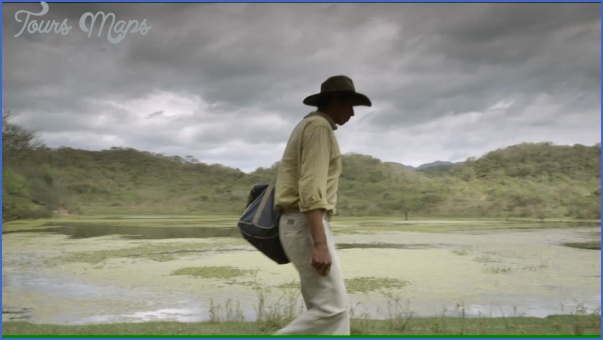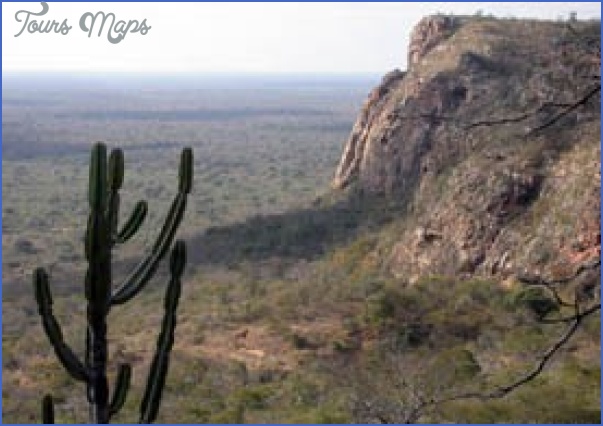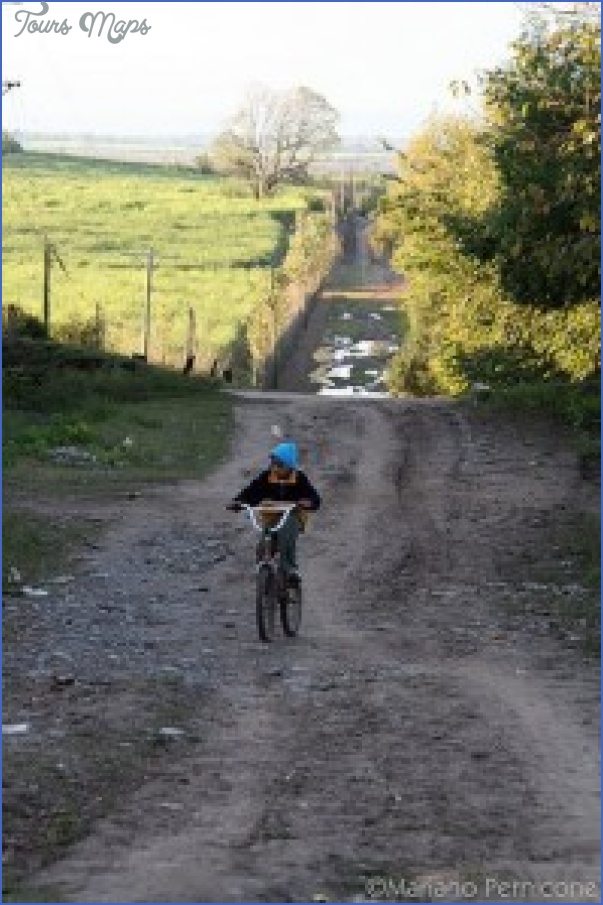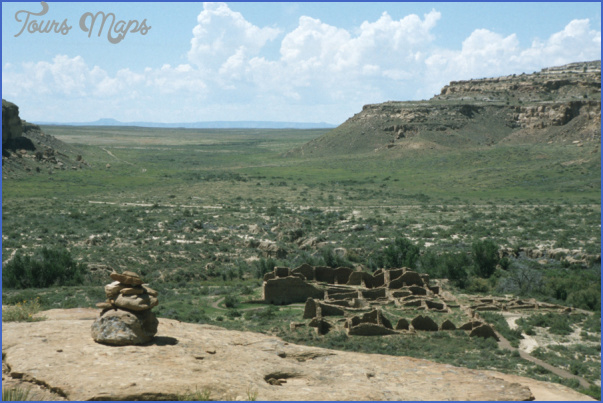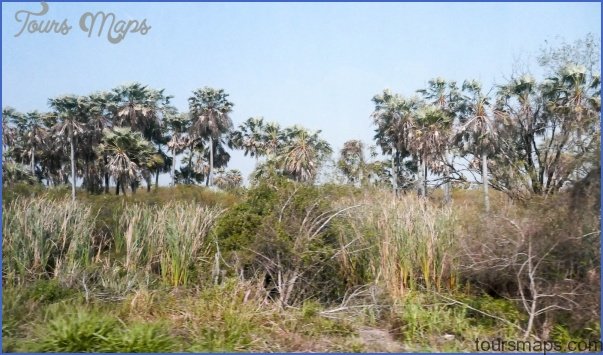Languages
Both Spanish and Guarani are spoken throughout the country and used daily in varying degrees by most Paraguayans. The mixture of both languages is commonly known as jopara which, fittingly, means mix or blend” in Guarani. The balance between the two languages shifts towards Spanish in urban areas and towards Guarani in rural areas. In both areas, there are few people who speak either no Spanish or no Guarani whatsoever.
Guaram
Guarani is one of the few pre-colonial indigenous languages that still survives in Latin America and is still widely used throughout all levels of Paraguayan society. Perhaps what makes the use of Guarani so unique is the varying role it plays in the lives of Paraguayans. Put ten Paraguayans in a room and each will make different use of Guarani – some might prefer to speak Guarani over Spanish, while others may simply accentuate their conversations with Guarani expressions. Paraguayans are keen to point out the expressive nature of the Guarani language, often stating that, in comparison to Spanish, romantic phrases are sweeter and criticisms are stronger in Guarani. Many aspects of Paraguayan culture, such as humor and knowledge of nature, are embedded into the Guarani language.
Sidebar: In 1992, Guarani was declared the official language of Paraguay, alongside Spanish.
The Guarani language managed to thrive even despite Paraguay’s colonization because of two factors: the mestizo culture created by the integration of Guarani women and European colonists and the missionary efforts by the Franciscans and Jesuits. Having brought along no European women the Spanish colonists took Guarani women as their wives and mistresses. It was these women that passed the language onto the new generation of Paraguayan mestizos. At the same time, Franciscan and Jesuit priests found Guarani to be an essential tool for the evangelization of the indigenous population. The priests not only learned to speak the language, but also took many steps to preserve it. The Jesuits in particular, dedicated much effort to creating a written version of the language, by creating reference materials such as dictionaries and religious documents. Despite these triumphs, discrimination against Guarani is also a part of Paraguay’s history. Guarani has historically been considered inferior to Spanish. As the official business language in Paraguay is Spanish, the upper class has often discouraged the use of Guarani altogether. For many years, it was believed that Guarani impeded the proper learning of Spanish, and parents were discouraged from speaking Guarani to their young children. Only recently has this begun to change, with the declaration of Guarani as an official language of Paraguay in 1992 and the introduction of Guarani lessons in the national school curriculum in 1994. There is a growing tendency for Guarani to be used, many times in a tongue-in-cheek fashion, in popular culture.
Sidebar: Guarani cerrado or Guarani ete is the name given to Guarani spoken by indigenous groups. It is less influenced by Spanish and closer to the original, pre-colonial Guarani.
Top Guarani Words & Phrases
There are certain Guarani words and phrases that are ubiquitous throughout the country, even amongst predominantly Spanish-speaking Paraguayans. Many of these are actually mixtures of Spanish and Guarani. Many can easily be thrown in to any conversation.
Ndaipori problema: No problem
E’a: An exclamation used to express indignation Graciamante: Thank you
Tranquilopa: It’s all good (the literal translation is everything is tranquil)
Ndaikua’ai: I don’t know
Che ra’a: My friend
Jaha or jaha katu: Let’s go
Anicehe: You don’t say
Chuchi: Fancy, upscale
Amontema: It’s over or gone/forget about it (used to express defeat)
Chake: Look out
Chulina: An exclamation used to declare something cute or endearing
Gran Chaco Travel Photo Gallery
Maybe You Like Them Too
- The Best Cities To Visit in The World
- World’s 10 Best Places To Visit
- Coolest Countries in the World to Visit
- Travel to Santorini, Greece
- Map of Barbados – Holiday in Barbados




